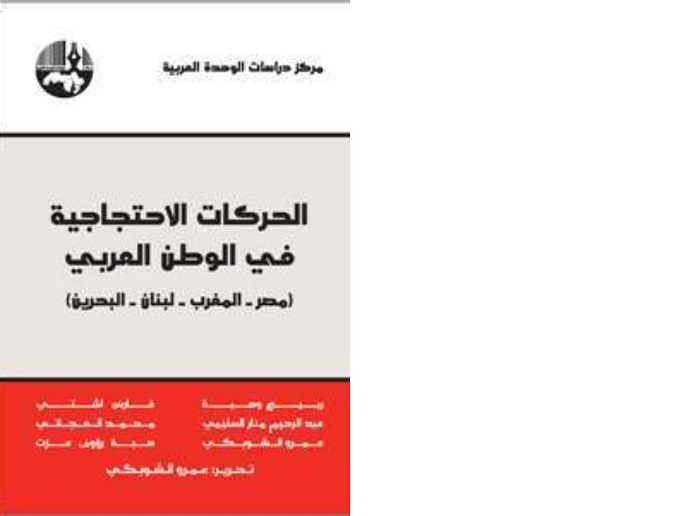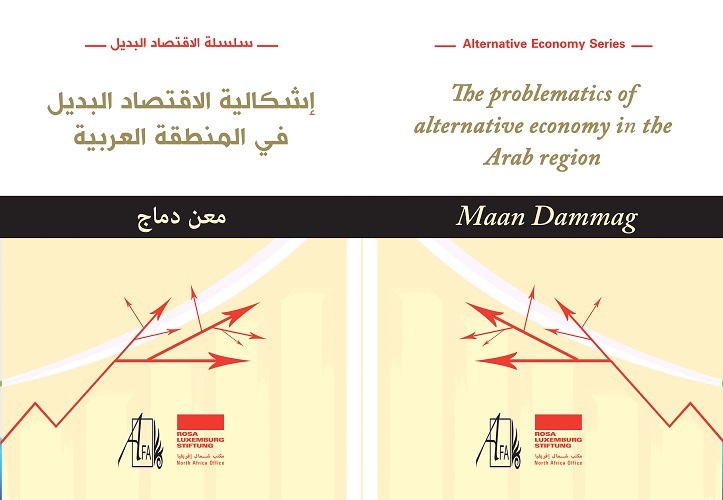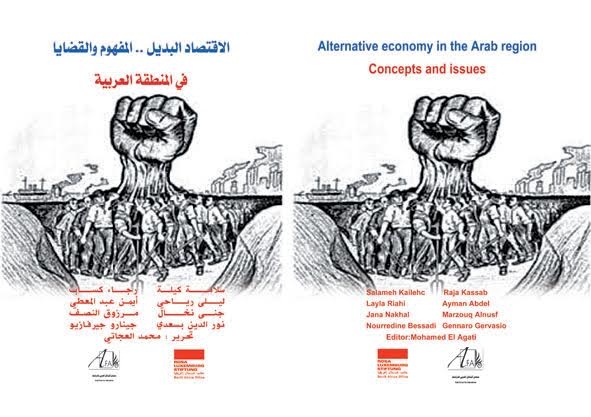Religious institutions Reform in Yemen
YemenBaligh Al Mekhlafi This paper is part of a project that aimed at introducing a vision on institutions reform in the Arab region that tackled media, judiciary and religious institutions in three countries Egypt, Tunisia and Yemen. The paper’s focus is identifying the core problems in religious institutions in Yemen and approaching recommendations to tackle these problems. Religious institutions in Yemen are entitled to run the religious issues such as Endowments, Fatwa, houses of worship as well as religious guidance and in the framework of these aspects, the activities undertaken by these institutions vary from solely religious roles to social…





